In 2020, the CGIAR Research Program on Roots, Tubers and Bananas (RTB) and its partners continued with a comprehensive portfolio of cutting-edge science while simultaneously giving more attention to scaling. As in previous years, this year’s report is outlined around five clearly defined, high-impact flagship projects comprising research and innovation, including vital cross-cutting topics like gender, youth, and climate change.
In this period of unprecedented change, we are actively promoting a smooth transition to One CGIAR. Whilst 2021 is the final year of RTB, many of our innovations and partnerships will continue to contribute to science for crops that provide food security, especially as poor households in the developing world adapt to the crisis of climate change. We have built on our RTB partnership collaboration to create a set of collective knowledge assets that we call golden eggs, available as an online resource for wider use in One CGIAR. Golden eggs include frameworks, approaches, and tools, developed by a community of users. The golden eggs show the value-added of the RTB partnership collaboration. In the years ahead, these golden eggs will contribute to an array of research for gender-responsive development activities with wide applicability to roots, tubers and bananas as well as to other crops and cropping systems. We will nurture these golden eggs in the transition to the One CGIAR framework beginning in 2022, contributing to the UN’s Sustainable Development Goals for 2030.
In 2020 we have met the challenges of COVID-19, a health crisis with great impacts on food systems. The teams on the ground found ways to adjust and keep the research advancing, despite logistical challenges. Roots, tubers and bananas sustain local value chains which are less vulnerable to supply chain disruptions than globally traded cereals. During this challenging year, roots tubers and bananas have played a vital role: raising incomes, enhancing climate resilience, and improving nutrition, food security and gender equity.
Some highlights this year include genomic tools to tackle complex bottlenecks in breeding, examining how to break through the 40% adoption ceiling for improved root, tuber and banana varieties, innovations to identify and manage banana bunchy top virus (a serious disease), giving consumers their say in defining future crop varieties, and how farmers can use ICT to take collective action to manage potato diseases.
As these stories show, RTB is a program that adds value to the work of its collaborating centers and partners, creating a critical mass that contributes to the many successful outcomes and impacts. RTB has brought together partners from around the world to ensure that root, tuber and banana crops benefit from the excellent research needed to raise productivity, adapt to climate change, and help women and men farmers improve the food security of their households. We thank all our partners and donors whose outstanding contributions have made these achievements possible and wish them success as they continue their work with One CGIAR.

Barbara H. Wells
CIP Director General

Graham Thiele
RTB Program Director
